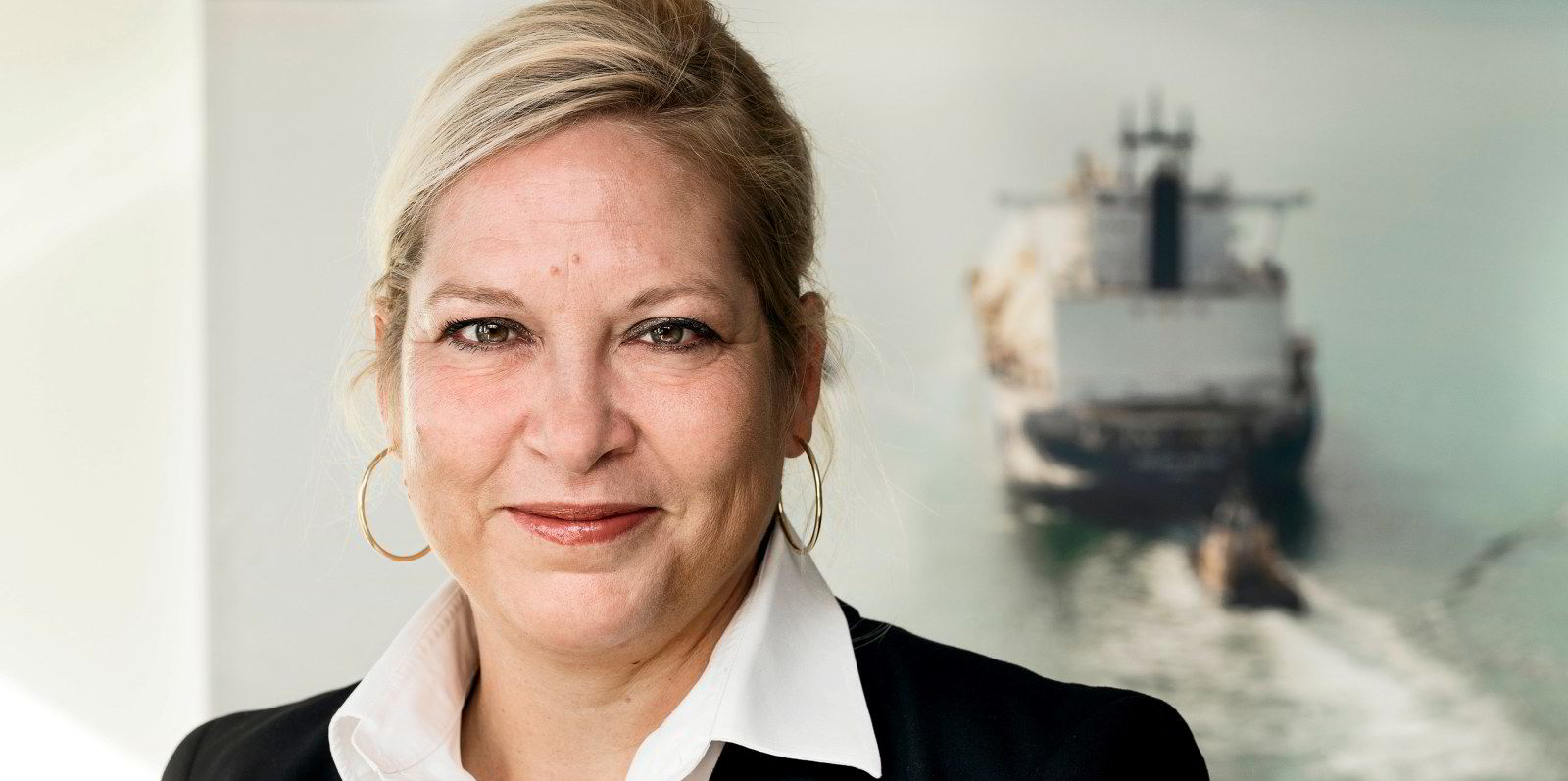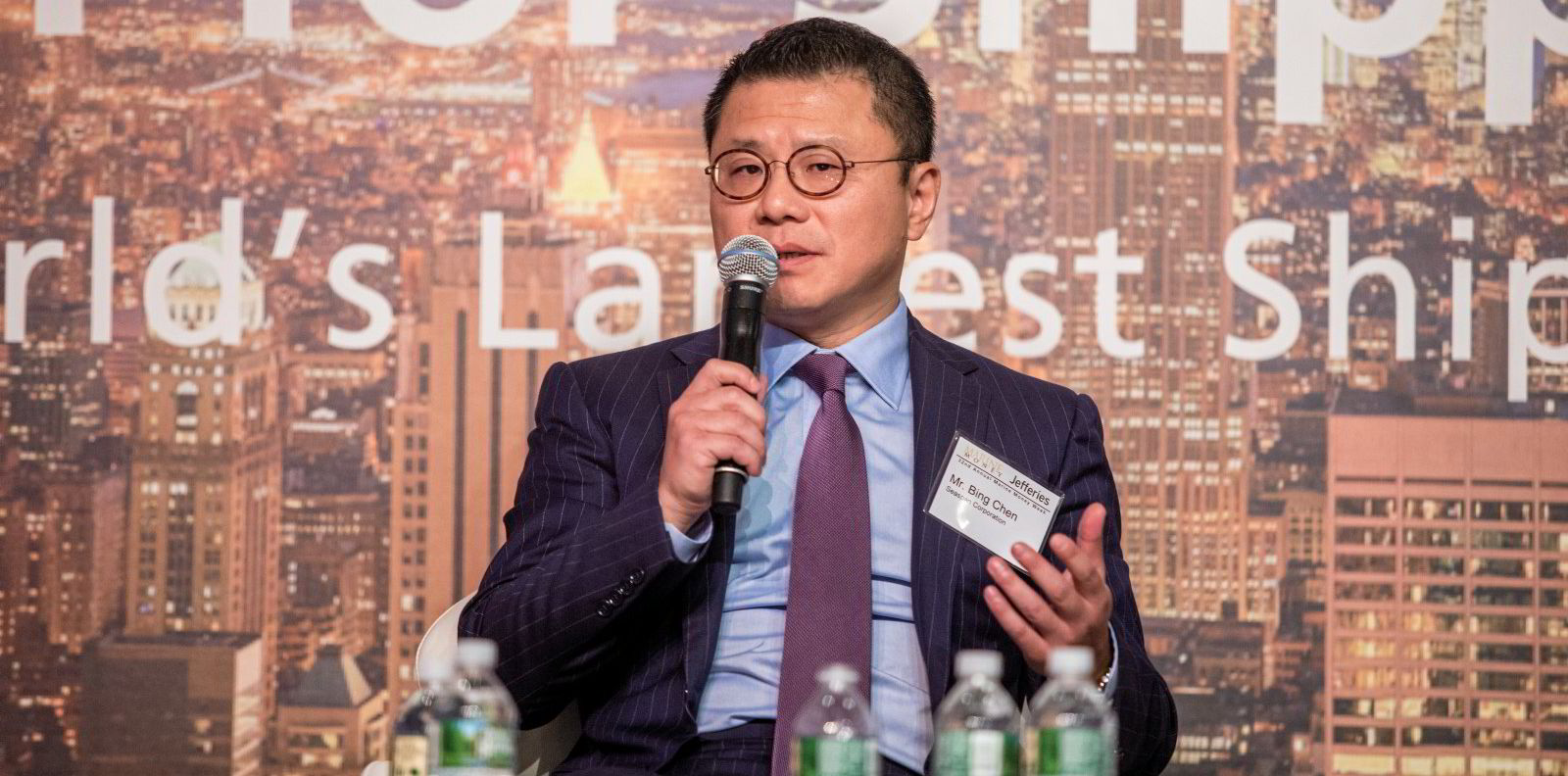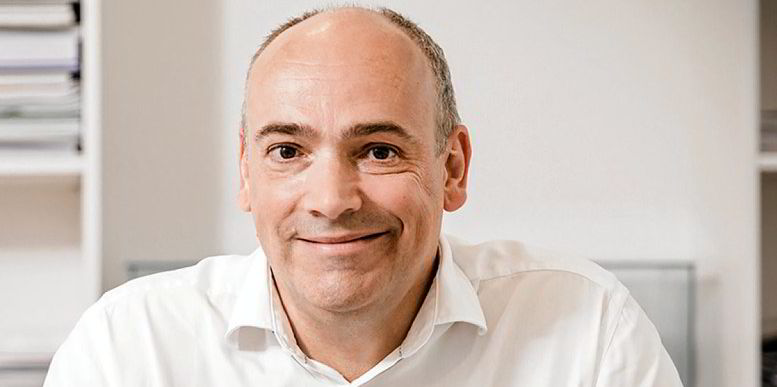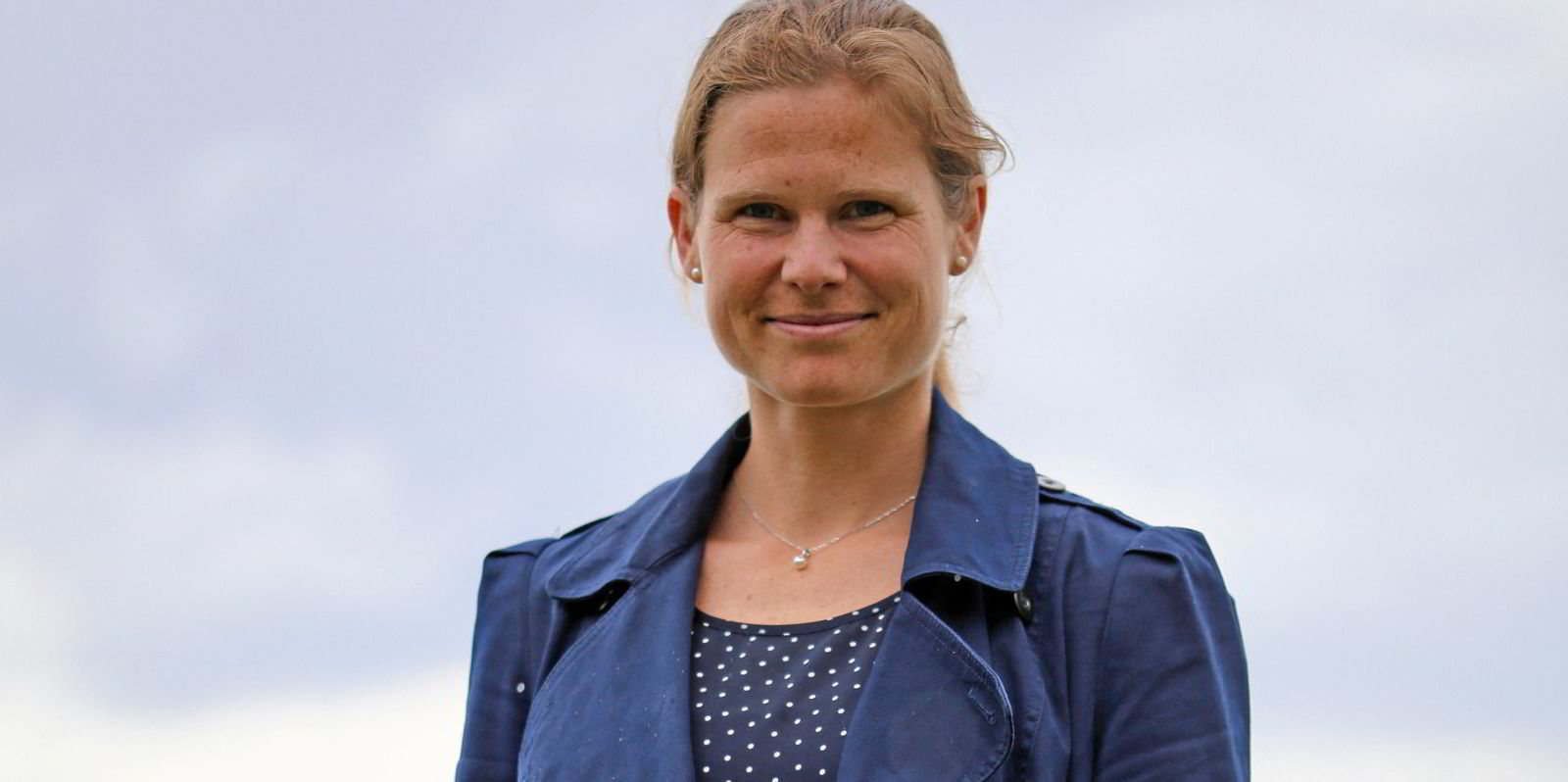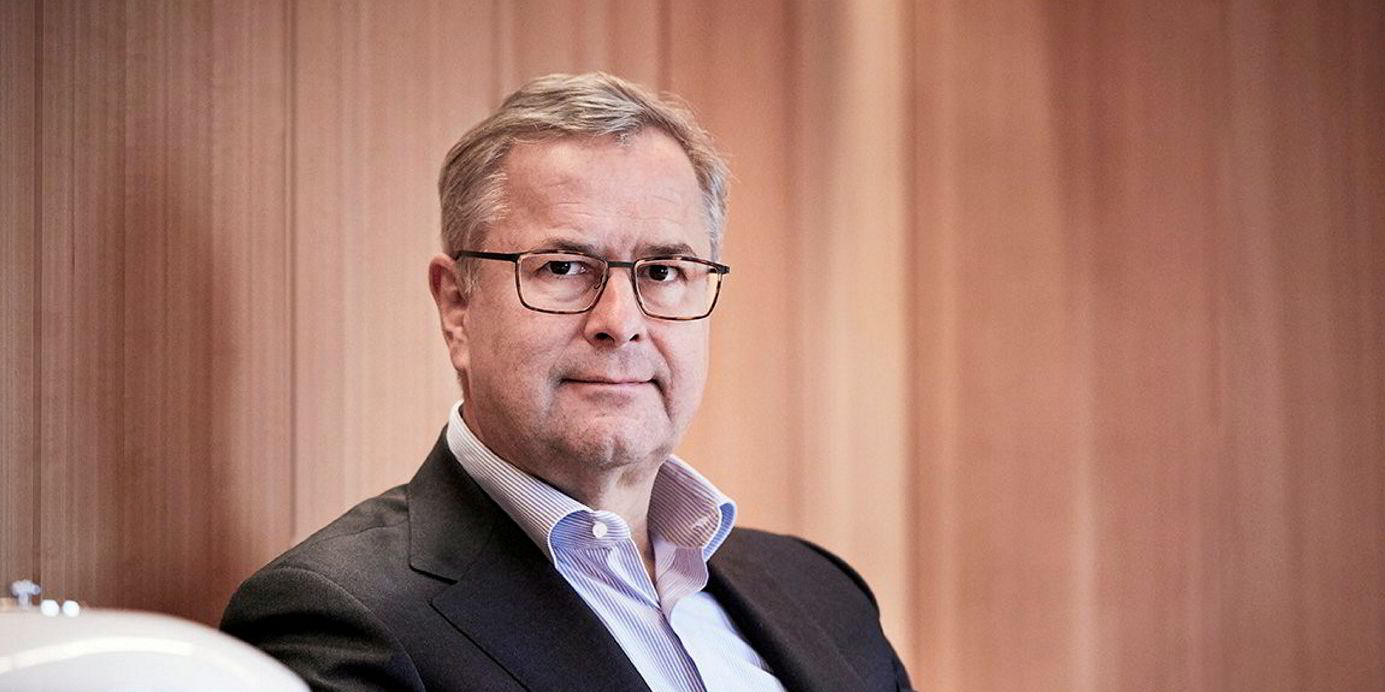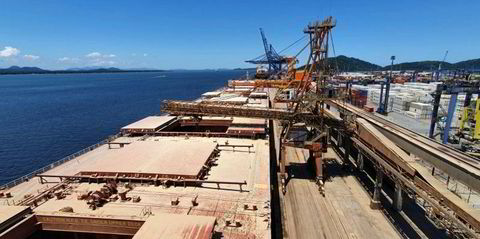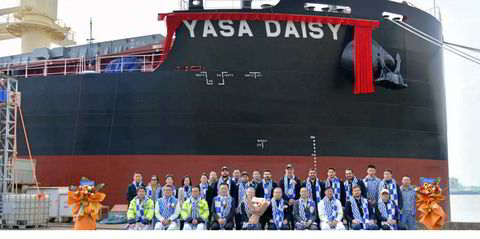Denmark's AP Moller-Maersk has moved its decarbonisation target forward by seven years by focusing on an order for a methanol-fuelled feedership.
The containership giant said this will give it the first carbon-neutral liner vessel by 2023, way ahead of its previous aim of 2030.
The feeder boxship will serve as a pilot scheme to demonstrate a scalable carbon-neutral product to customers, while offering fuel suppliers an incentive to boost green bunkers production.
The company has also pledged that any other future newbuildings will be dual-fuel and able to run on carbon-neutral fuels.
The move has been "fast-tracked by advances in technology and increasing customer demand for sustainable supply chains", Maersk said.
Group chief executive Soren Skou said the ambition is to lead the way in decarbonising global logistics.
Moonshot comes into view
"Our customers expect us to help them decarbonise their global supply chains, and we are embracing the challenge, working on solving the practical, technical and safety challenges inherent in the carbon neutral fuels we need in the future," he added.
"Our ambition to have a carbon neutral fleet by 2050 was a moonshot when we announced in 2018. Today we see it as a challenging, yet achievable target to reach."
The feeder vessel will have a capacity of 2,000 teu and run on an intra-regional network. No details of a shipyard have yet been announced.
While the vessel will be able to operate on standard very low-sulphur fuel oil, the plan is to operate it on e-methanol or sustainable bio-methanol from day one.
"It will be a significant challenge to source an adequate supply of carbon-neutral methanol within our timeline to pioneer this technology," said Henriette Hallberg Thygesen, chief of fleet and strategic brands.
"Our success relies on customers embracing this ground-breaking product and strengthened collaboration with fuel manufacturers, technology partners and developers to ramp up production fast enough," she added.
Capital expenditure implications will be manageable, the group believes.
Maersk will also focus on alcohol-lignin blends and ammonia for its future fuelling needs, having rejected transition fuels such as LNG and biomethane.
Maersk Mc-Kinney Moller Center playing key role
A key collaboration partner in the work is its own Maersk Mc-Kinney Moller Center for Zero Carbon Shipping, an independent, non-profit research and development lab.
Maersk's in-house decarbonisation efforts are being led by a new department formed with 50 staff.
The unit came into operation in January and is tasked with ensuring collaboration across commercial, operational, technological and corporate entities.
The Danish container shipping giant is targeting a 60% reduction in carbon emissions per container by 2030 and net-zero emissions by 2050.
TradeWinds has previously reported that the company was looking to order "baby" boxships to run on ammonia, methanol or ethanol.
